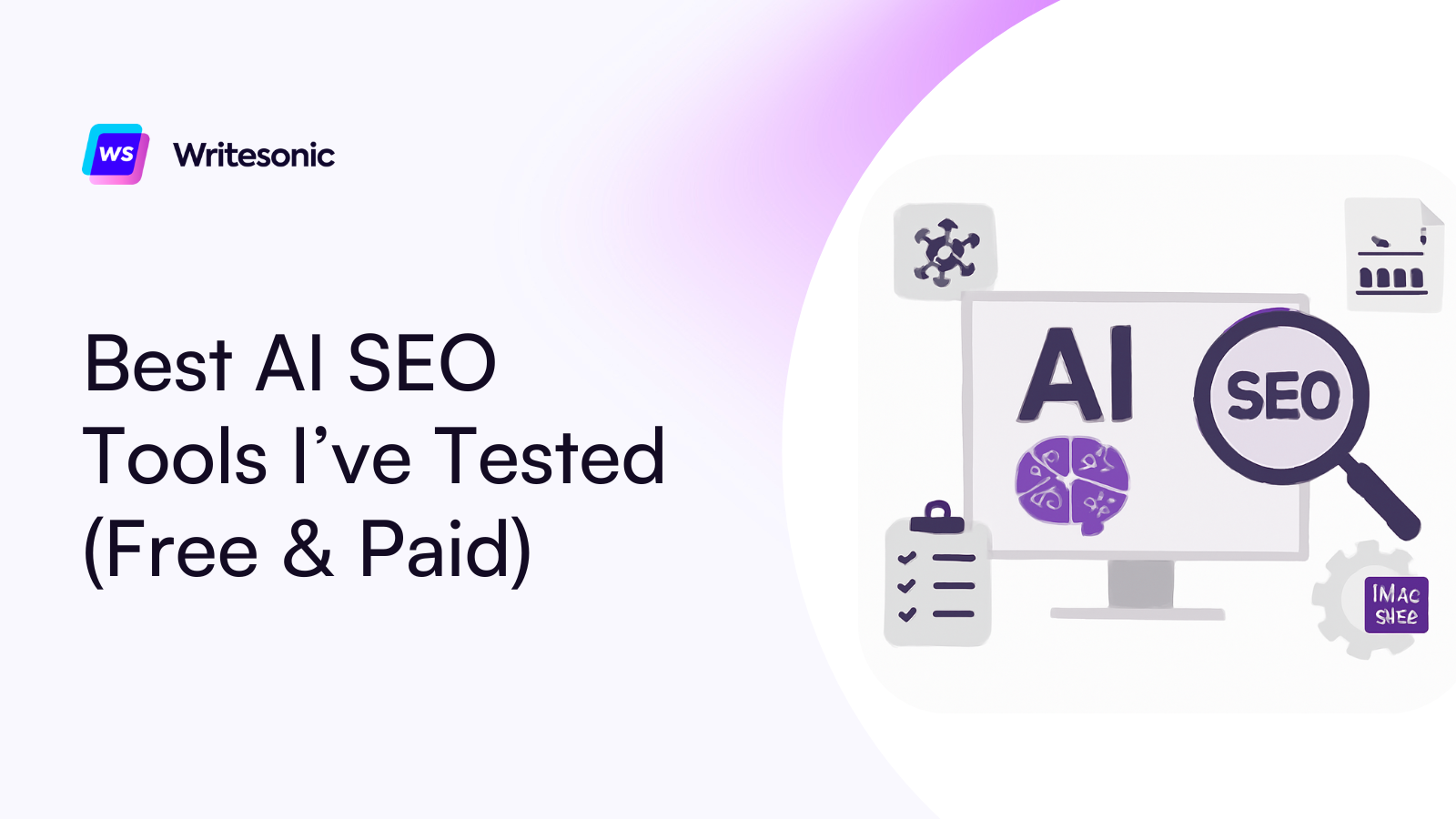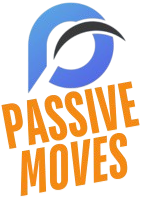Struggling to boost your website’s ranking without a tech background? You’re not alone.
On-page SEO can seem like a maze of complicated terms and tasks. But what if you had simple tools designed just for you—tools that make SEO easy and effective? This guide will introduce you to the best on-page SEO tools that don’t require any coding skills or technical know-how.
Keep reading, and you’ll discover how to improve your site’s visibility and attract more visitors, all with tools made for non-techies like you.
Top On-page Seo Tools
Choosing the right on-page SEO tools can feel hard for beginners. The right tools help improve website ranking and content quality. Many tools exist, but not all fit non-tech users. This section highlights the best on-page SEO tools made for ease and clarity.
User-friendly Seo Tools
Tools that are simple to use save time and reduce confusion. They have clear menus and easy instructions. Some tools offer step-by-step help. This makes SEO tasks like keyword checking or meta tag editing easy. Non-tech users can work confidently without deep SEO knowledge.
Affordable Options For Beginners
Affordable tools provide good value without high cost. Many tools offer free plans or low monthly fees. These fit small budgets and let beginners test features first. Affordable options still cover key SEO needs like content analysis and page speed checks. Budget-friendly tools make SEO accessible to everyone.
Tools With Visual Guides
Visual guides explain SEO steps clearly with images and charts. These tools show where to add keywords or fix errors. Visual feedback helps users see changes in real time. Color codes and graphs make it easy to track progress. Visual guides reduce guesswork and boost user confidence.

Credit: www.demandsage.com
Features That Matter
Choosing the right on-page SEO tools can feel hard for non-techies. The best tools focus on simple, clear features. These features help improve your website without confusing you. Understanding what matters most makes your work easier and more effective.
Keyword Optimization
Keyword optimization tools show which words to use. They suggest keywords that match your topic. These tools help place keywords naturally in your content. You avoid stuffing words, which can hurt rankings. Clear guidance on keyword use helps your pages rank better.
Content Analysis
Content analysis checks your text for quality and SEO. It looks at readability, word count, and keyword use. These tools spot errors and suggest fixes. They help you write content that both people and search engines like. Simple tips improve your writing step by step.
Page Speed Insights
Page speed tools test how fast your website loads. Fast pages keep visitors happy and improve SEO. These tools point out slow parts to fix. They often suggest easy actions like image resizing or caching. A faster site means better user experience and higher rankings.
Mobile-friendly Checks
Mobile-friendly checks show how your site works on phones. Most visitors use mobile devices today. These tools find problems like small text or hard navigation. Fixing these issues makes your site easy to use on any device. Mobile-friendly sites perform better in search results.
How To Choose The Right Tool
Choosing the right on-page SEO tool can be confusing for non-techies. Many options exist, but not all fit every need. Focus on key features that make the tool simple and effective. This helps save time and improves your SEO results.
Ease Of Use
The tool should have a simple interface. Clear menus and easy navigation help users avoid frustration. Look for tools with step-by-step guides or visual cues. A tool that is hard to use wastes your effort and time.
Support And Tutorials
Good customer support is important. Check if the tool offers tutorials or videos. These resources help you understand and use the tool better. Fast support can solve problems quickly, making your work smoother.
Integration With Other Platforms
Choose a tool that works with other software you use. Integration with platforms like WordPress or Google Analytics saves effort. It allows you to manage your SEO and website data in one place. This makes your workflow easier and more organized.

Credit: www.oberlo.com
Step-by-step Tool Walkthroughs
Step-by-step tool walkthroughs help beginners use SEO tools with ease. Each tool can seem complex at first. Clear guidance breaks the process into simple tasks. This section shows how to use key on-page SEO tools. Follow these steps to improve your website’s SEO without tech knowledge.
Using Keyword Optimizers
Start by entering your main keyword in the tool’s search box. The tool suggests related keywords and their search volumes. Pick keywords that fit your content and have good traffic. Add these keywords naturally in your titles and paragraphs. The tool also checks keyword density to avoid overuse. Make small changes as the tool advises to balance keyword use. Save your work and check the updated SEO score.
Improving Content With Analysis Tools
Copy your page text into the content analysis tool. It scans for readability, grammar, and SEO factors. Look for suggestions to make sentences clearer and shorter. Add or remove keywords as the tool recommends. Fix grammar mistakes to boost professionalism. Use the tool’s tips to add headings and lists. These changes make your content easier to read and rank better.
Checking Site Performance
Enter your website URL into the performance checker. The tool tests page speed, mobile-friendliness, and errors. Review the score and list of issues found. Follow simple fixes like compressing images or fixing broken links. Retest your site after applying changes. A faster, error-free site ranks better and keeps visitors longer. Use this tool regularly to maintain good site health.
Common Mistakes To Avoid
Many beginners make simple mistakes that hurt their SEO efforts. Avoiding these errors saves time and improves website ranking. Focus on key areas to keep your site friendly for both users and search engines.
Ignoring Mobile Optimization
Most people use phones to browse online. If your site does not work well on mobile, visitors leave quickly. Search engines also rank mobile-friendly sites higher. Make sure your pages look good and load fast on all devices.
Overloading Keywords
Adding too many keywords can confuse readers and search engines. This practice, called keyword stuffing, lowers your site’s credibility. Use keywords naturally and in moderation. Aim for clear and helpful content instead of just repeating words.
Neglecting User Experience
A slow or hard-to-navigate website frustrates visitors. Good user experience keeps people on your site longer. Use simple menus, clear text, and fast loading times. A happy visitor is more likely to return and share your content.

Credit: writesonic.com
Frequently Asked Questions
What Are The Best On-page Seo Tools For Beginners?
Top on-page SEO tools for beginners include Yoast SEO, SEMrush, and Ahrefs. These tools offer easy-to-use interfaces and clear guidance. They help optimize content, meta tags, and keywords without technical knowledge. Beginners can improve website ranking efficiently using these user-friendly tools.
How Can Non-techies Improve On-page Seo Effectively?
Non-techies can improve on-page SEO by using simple tools like Yoast SEO. Focus on keyword optimization, meta descriptions, and content readability. These tools provide step-by-step instructions to enhance pages without coding. Consistent use boosts search engine visibility and website traffic.
Are Free On-page Seo Tools Reliable For Non-tech Users?
Yes, many free on-page SEO tools are reliable for non-tech users. Tools like Google Search Console and Ubersuggest offer essential features. They help analyze keywords, fix errors, and improve content. Free tools provide a great starting point without financial investment.
Which Features Should Non-techies Look For In Seo Tools?
Non-techies should seek tools with intuitive dashboards, keyword suggestions, and content analysis. Features like automated SEO audits and readability checks are helpful. These simplify optimization tasks and save time. Choosing tools with clear instructions ensures better SEO results.
Conclusion
Choosing the right on-page SEO tools makes a big difference. These tools help you improve your website step by step. Even without technical skills, you can boost your site’s visibility. Start small, learn as you go, and keep your content clear.
Regular checks with these tools keep your SEO on track. Simple tools make SEO less confusing and more effective. Give yourself time to explore each one. Your website can grow with the right support and patience. Keep it easy, keep it steady, and watch your site improve.
